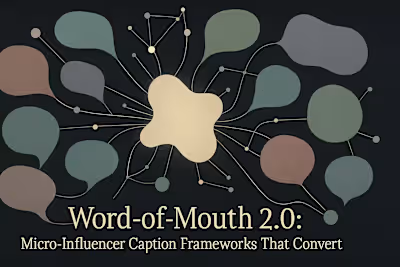10 Signs Your Business Desperately Needs to Hire an SEO Expert

10 Signs Your Business Desperately Needs to Hire an SEO Expert
What Is SEO?
10 Signs Your Business Desperately Needs to Hire an SEO Expert
1. Lack of Website Traffic
2. Weak Keyword Rankings
3. High Bounce Rate
4. No Progress With Local Searches
5. Recurring Search Engine Penalties
6. Lack of Technical SEO Structure
7. Minimal Content Updates
8. Unclear Keyword Strategy
9. Upcoming Website Redesign
10. Overcommitted Marketing Team
Why a Dedicated SEO Expert Helps
Partner With a Contra SEO Freelancer
FAQs about Hiring an SEO Expert
Is it expensive to hire an SEO expert?
How do I measure an SEO expert’s success?
Final Reminders
10 Signs Your Business Desperately Needs to Hire an SEO Expert
What Is SEO?
“SEO is like putting a sign on your storefront, but the street is the entire internet.”
10 Signs Your Business Desperately Needs to Hire an SEO Expert
1. Lack of Website Traffic
“If your website is a party, SEO is what puts it on the map. No traffic = no guests.”
2. Weak Keyword Rankings
3. High Bounce Rate
4. No Progress With Local Searches
5. Recurring Search Engine Penalties
6. Lack of Technical SEO Structure
“Googlebot can’t rank what it can’t read—or worse, what it thinks is broken 🐞.”
7. Minimal Content Updates
8. Unclear Keyword Strategy
9. Upcoming Website Redesign
10. Overcommitted Marketing Team
“In most teams, SEO isn’t ignored on purpose—it just never makes it to the top of the to-do list.”
Why a Dedicated SEO Expert Helps
“Redesigning a site without SEO is like moving houses and forgetting to tell the mailman 🏠📭.”
Partner With a Contra SEO Freelancer
“Fewer layers between problem and solution = faster resolution. It’s not magic—it’s just fewer emails.”
FAQs about Hiring an SEO Expert
Is it expensive to hire an SEO expert?
“SEO isn’t expensive. Bad SEO is.”
How do I measure an SEO expert’s success?
“If you can’t measure it, it didn’t happen—at least not in SEO.”
Final Reminders
“SEO problems don’t usually announce themselves. They show up quietly—then stay until noticed.”
“Most SEO problems aren’t invisible. They’re just ignored until they become expensive.”
Posted Apr 9, 2025
10 Signs Your Business Desperately Needs to Hire an SEO Expert—spot traffic drops, poor rankings, and missed leads before they cost you more.










